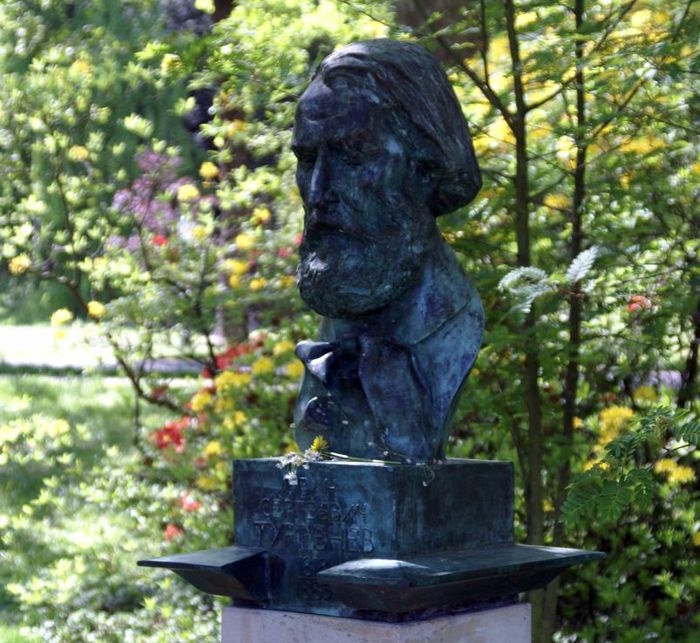Saturninus, lying down finally to pleasant dreams with his new bride, discovered she was already unmaidened; and later told one of his friends that his new-found mate came to him not imperforate. When this comment got to Theodora, she ordered her servants, charging him with impious disregard of the solemnity of his matrimonial oath, to hoist him up like a schoolboy who had been saucy to his teacher: and after whipping him on his backsides, told him not to be such a fool thereafter.
What she did to John the Cappadocian I have told elsewhere; and need add only that her treatment of him was due to her anger, not at his transgressions against the state (and a proof of this is that those who later did even more terrible things to their subjects met no such similar fate from her), but because he had a not only dared oppose her in other things, but had denounced her before the Emperor: with the result that she was all but estranged from her husband. I am explaining this now, for it is in this book, as I said in the foreword, that I necessarily tell the real truths and motives of events.
When she confined him in Egypt, after he had suffered such humiliations as I have previously described, she was not even then satisfied with the man’s punishment, but never ceased hunting for false witnesses against him.
Four years later, she was able to find two members of the Green party who had taken part in the insurrection at Cyzicus, and who were said to have shared in the assault upon the bishop. These two she overwhelmed with flattery and threats, and one of them, inspired by her promises, accused John of the murder; while the other utterly refused to be an accomplice in this libel, even when he was so injured by the torture that he seemed about to die on the spot.
Consequently for all her efforts she was unable to cause john’s death on this pretext. But the two young men had their right hands cut off: one, because he was unwilling to bear false witness; the other, that her conspiracy might not be utterly obvious. Thus she was able to do things in full public sight, and still nobody knew exactly what she had done.
18. How Justinian killed a trillion people
That Justinian was not a man, but a demon, as I have said, in human form, one might prove by considering the enormity of the evils he brought upon mankind. For in the monstrousness of his actions the power of a fiend is manifest. Certainly an accurate reckoning of all those whom he destroyed would be impossible, I think, for anyone but God to make. Sooner could one number, I fancy, the sands of the sea than the men this Emperor murdered. Examining the countries that he made desolate of inhabitants, I would say he slew a trillion people.
Read More about The Secret History part 31








